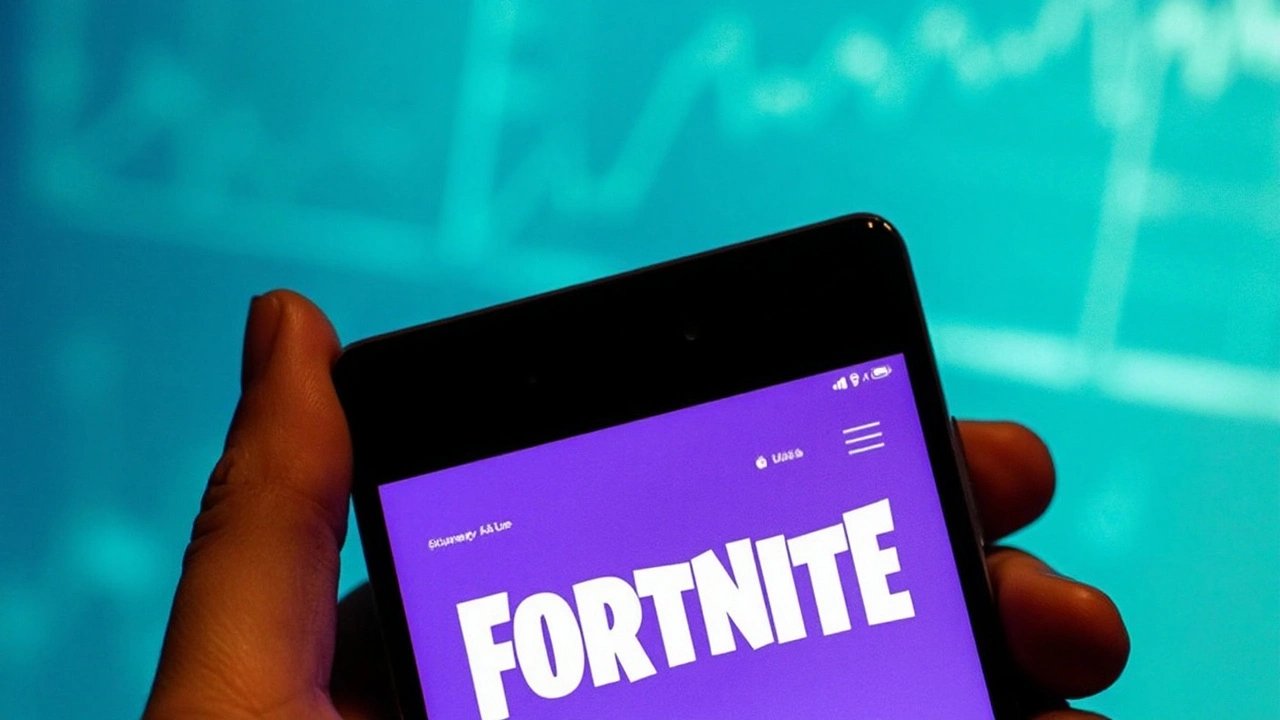Fortnite’s iOS Return Hits Another Roadblock
Just when Fortnite players thought their favorite battle royale might finally return to iPhones and iPads, Apple slammed the brakes. On May 16, 2025, Epic Games broke the news: Apple had blocked efforts to get Fortnite approved on the iOS App Store, despite a recent court order that was supposed to loosen Apple’s grip on how apps handle payments. Instead of an epic comeback, fans are stuck in limbo—again.
This all started when Epic submitted Fortnite for Apple’s review on May 9, hoping to ride the momentum from an April 30 court ruling. That ruling said Apple had to allow developers to use alternative payment methods—not just Apple’s in-house option, which takes up to a 30% cut. Epic’s CEO, Tim Sweeney, didn’t mince words when Apple dragged its heels past their usual 24-hour turnaround, forcing Epic to rework and resubmit the game. Sweeney accused Apple of "weaponizing" its review process to keep Fortnite off iOS, suggesting the tech giant was more interested in protecting its walled garden than following the court’s decision.
The timing couldn’t be worse. Epic had a massive cross-platform update planned for May 16, one that’s supposed to sync up the game across PC, consoles, and mobile devices at the same time. Having iOS out of the loop doesn’t just annoy Apple users—it threatens the whole ecosystem, since Fortnite’s signature feature is letting players squad up no matter what device they’re on. Skipping iOS for even a single update means millions of players are left out, and the harmony Epic’s worked hard to build falters.
Legal Fights and Frustrated Gamers
The drama goes back years. The roots of the standoff start in 2020 when Epic tried to dodge Apple’s fees by slipping its own payment system into Fortnite. Apple answered by dropping Fortnite from the App Store overnight, sparking lawsuits that captured headlines and drew global attention. Players found themselves locked out, with iOS users unable to join new seasons or play the updated game while everyone else moved on.
The recent court order, finalized at the end of April 2025, was supposed to signal a breakthrough. It forced Apple to change its rules to allow alternatives to its own payment system. Epic, seeing a shot at redemption and millions of eager iOS gamers waiting, quickly resubmitted Fortnite. But Apple’s review process has now become another battleground. Not only is Fortnite blocked from the U.S. App Store, but Apple has also put the brakes on Epic’s store launch in the European Union, where new laws are supposed to make things more open for third-party app stores.
All this legal and technical wrangling isn’t happening in a vacuum. Players are frustrated. The Fortnite community is already used to setbacks—whether it’s game-breaking bugs or unexpected server outages—but this feels different. It’s not about a technical problem, but what many see as corporate power plays. Tim Sweeney has been loud on social media, tagging Apple, quoting the court’s decision, and keeping the heat on in public.
- Apple faces criticism for missing review deadlines and stalling approvals.
- Epic is under pressure to keep its promise of simultaneous updates across all platforms.
- Millions of iOS Fortnite fans are waiting for answers, caught between two tech giants.
What’s clear is that this isn’t just another app update drama—this is another round in a high-stakes fight over the future of gaming, app distribution, and who gets to make the rules. While both companies dig in, gamers are left with little more than tweets, speculation, and growing impatience, wondering if their favorite game will ever make it back onto their iPhones. For now, the App Store remains Fortnite-free, and the next move in this battle is anyone’s guess.

